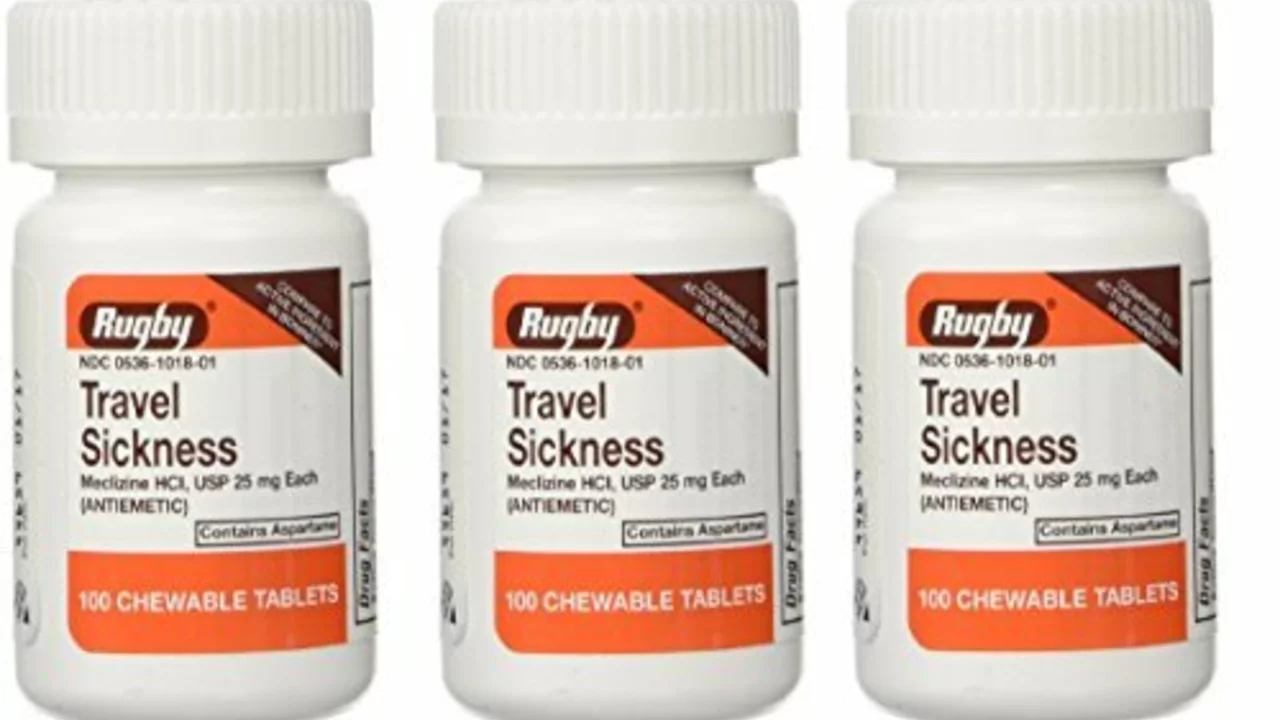Safety: Practical Tips for Using Medicines Without Mistakes
Medicine helps a lot, but it can also harm if used wrong. Keep a simple safety plan to avoid bad reactions, wrong doses, or sketchy online purchases. These tips are short, practical, and things you can start doing today.
Buying medicines online safely
Only use pharmacies that ask for a prescription and show clear contact info. Look for verification from regulators like the NABP or GPhC, HTTPS in the web address, and a real phone number. Red flags: prices that seem too good to be true, no prescription required, vague company details, or shipping from unknown countries.
If you’re unsure, call your regular pharmacy or your doctor before ordering. Save invoices and batch numbers in case you need to check recalls. When packages arrive, check the seal, expiration date, and that the pills match the description from a trustworthy source.
Daily handling, storage, and dosing
Read labels every time. Use the original bottle or packaging so dosing instructions and lot numbers stay with the medicine. For liquid meds, use the dosing syringe or cup that comes with it — kitchen spoons are not accurate. If you take several medicines, a weekly pill organizer and phone alarms help prevent missed or double doses.
Store medicines where they won’t get hot, damp, or reach children. Many pills do fine at room temperature, but insulin and some biologics need refrigeration. Throw away expired meds — don’t keep them “just in case.” Use community take-back programs or follow pharmacy guidelines for safe disposal.
Keep a single, up-to-date list of everything you take: prescription drugs, OTC products, vitamins, and herbal supplements. Carry this list to every medical appointment and give a copy to a close family member or caregiver.
Drug interactions can sneak up on you. Tell your pharmacist if you drink grapefruit juice, use St. John’s wort, or drink alcohol regularly — these can change how drugs work. If a new symptom starts after a medicine change, call your doctor before stopping the drug on your own.
Watch for serious allergic reactions: hives, swelling of face or throat, trouble breathing, or fainting. If those happen, call emergency services right away. For other side effects like nausea, dizziness, or rash, check with your prescriber to decide whether to adjust the dose or switch meds.
Special groups need extra care. Pregnant or breastfeeding people, older adults, and people with kidney or liver problems may need different doses. Always ask for dosing adjustments if you have chronic illness or are taking multiple drugs.
Small habits make a big difference: store your med list in your phone, keep meds in original packaging when traveling, and ask your pharmacist for an interaction check at least once a year. If you want reviews or deeper checks, RedBoxRX has guides and pharmacy reviews to help you pick safer options. Stay curious, ask questions, and don’t hesitate to call a pharmacist—your safety is worth that one extra phone call.

 Jul, 6 2023
Jul, 6 2023